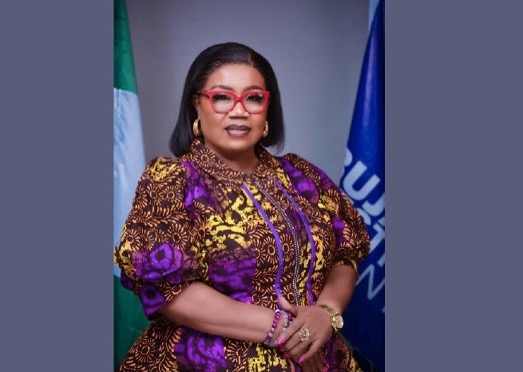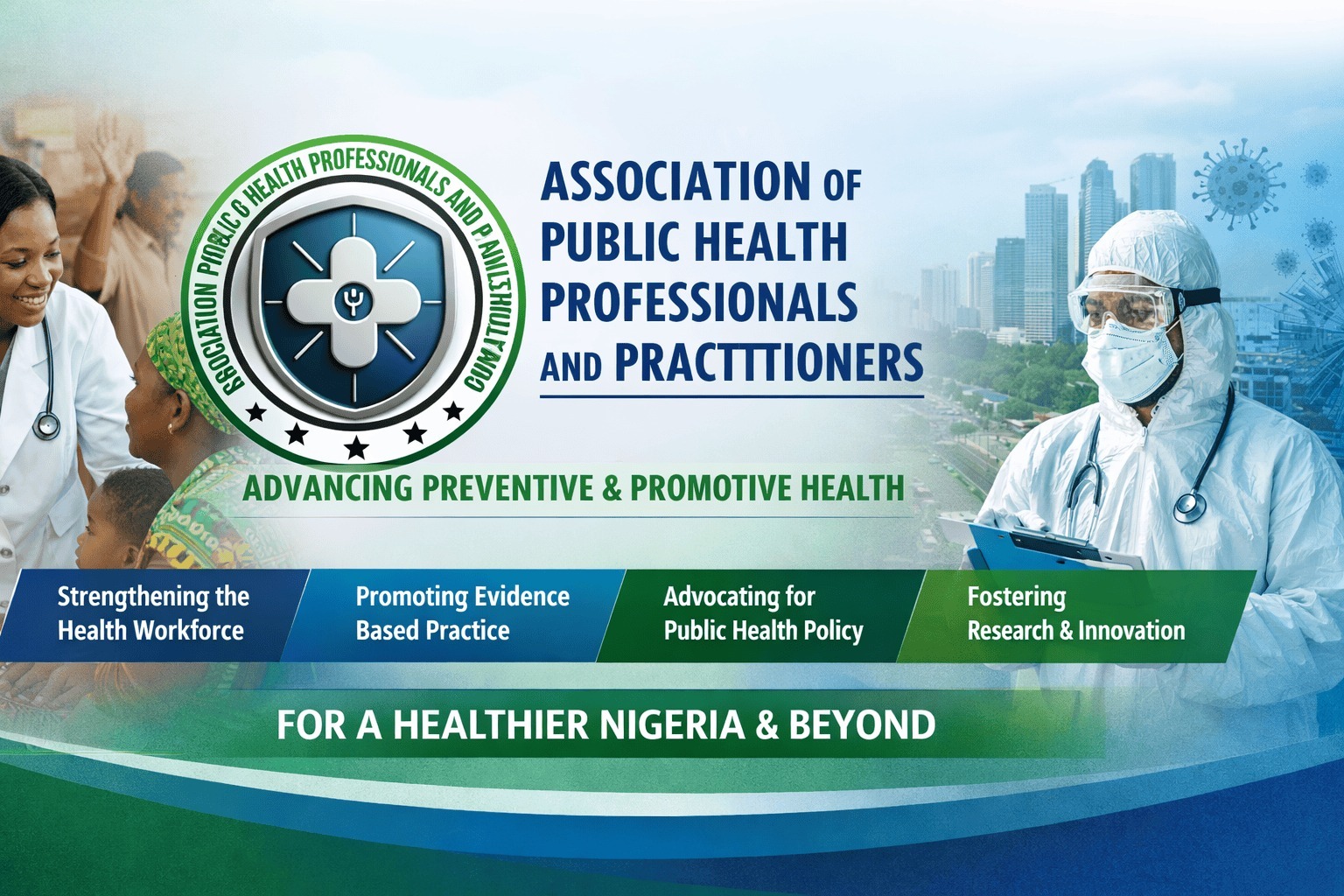HPV Testing: A Catalyst For Women’s Empowerment By Dr. Allan Pamba

Dr. Allan Pamba
An old proverb from the Congo says, “A mother is like a kernel, crushed by problems but strong enough to overcome them”. Throughout Africa, mothers, sisters – the continent’s primary caregivers – are expected to be strong. Indeed, their resilience is the glue that holds our families and economies together. Yet, women in the African Region are more vulnerable to many more life-threatening diseases and health conditions than women in other regions.1,2
Among these illnesses is cervical cancer (caused by HPV – the Human Papillomavirus), which remains the leading cause of death in women in Sub-Saharan Africa – even though it is preventable. January, marking Cervical Cancer Awareness Month, comes around every year – and every year, we move closer to the WHO (World Health Organization) 2030 “90-70-90” cervical cancer elimination targets.
That is, 90% of girls fully vaccinated with the HPV vaccine; 70% of women screened with a high-performance test by age 35 and again at 45; and 90% of women identified with cervical disease receiving treatment (90% of women with invasive cancer managed). We still have a long way to go.2
The economic case for investment in HPV screening
With fewer than five years left to achieve the 90-70-90 targets, we’re in a race against the clock. To make the case for urgent action for African women’s health, let’s consider that none of us exists in a vacuum. A cycle of cause and effect starts in the smallest corners of our communities and escalates to the most significant factors influencing our economies.
When a family’s primary caregiver or breadwinner becomes a casualty of cervical cancer, an entire family system collapses. According to estimates, for every 100 mothers who die from cervical or breast cancer in resource-poor settings, 14 children die before their 10th birthday, and 210 become maternal orphans.3
As a young physician serving in rural communities in my home country, Kenya, I observed the cycle firsthand. Children left behind suffer enhanced exposure to malaria, tuberculosis, pneumonia or even malnutrition because their mother is not there to care for them. Beyond the awful tragedy this represents for good, hardworking people, this also perpetuates a domino effect that trickles down to local economies.
In Africa, women comprise an estimated 50% of the agricultural sector labour force, power over 50% of all SMEs (as per IFC data), and support families (African Development Bank). Valuable members of our communities, their children and their families are at risk. These are all potentially valuable contributors to our society and economy. Logically, for Africa to realise its full economic potential, we must prioritise women’s health.4
Ending the cycle
There are currently two methods of testing; the traditional method is a pap smear, which many women will be familiar with. In addition to its low sensitivity and need to be conducted more often, the method leaves many women feeling embarrassed or vulnerable during the sample collection process. However, a second option empowers women to avoid the perceived indignity of a pap smear. This relatively recent innovation is the HPV-DNA testing with the self-collection kit – now available from many healthcare providers. 6,7
According to the WHO, self-collection has proved to be as reliable as samples collected by healthcare providers. The most significant benefit of self-collection is that once the self-collection kit has been picked from your nearest healthcare facility, sample collection can be done in the privacy of your home. Lancet and other participating laboratories provide lists of local locations where kits are available.
Currently, lack of access to national HPV screening, vaccination, testing and treatment programmes as well as lack of education and social and economic inequities, prevent women from taking their cervical health into their own hands, leaving many at risk. We can change this.9
Partnerships powering progress
Governments and policymakers worldwide are becoming more committed to prioritising diagnostics. This commitment was bolstered by the 2022 adoption of the WHO Resolution on Strengthening Diagnostics Capacity by participating member states at the World Health Assembly.
The Resolution prompts government stakeholders to drive equitable access to diagnostics, ultimately driving universal healthcare for all people. To accomplish the WHO goals, however, we need a collective effort – from our communities, the private and public sectors, healthcare practitioners and anyone else who can make the time to have the necessary conversations about HPV.
Cervical cancer doesn’t just impact the individual—it affects entire communities. In low and middle-income countries, the financial burden of late-stage treatment falls heavily on families and national healthcare systems. Advanced treatments like chemotherapy are costly and often unattainable for many, driving households into poverty.
By contrast, early diagnosis through HPV testing alleviates these financial pressures. It reduces the cost of treatment, eases the strain on overburdened healthcare systems and enables women to remain active contributors to their families and the economy.
When women thrive, so do the communities they support. Early testing for HPV is the open “secret weapon” – and our roadmap to 90-70-90.
Dr Allan Pamba is the Executive Vice President, Diagnostics, Africa at Roche Diagnostics












